Information democracy
Filter resources
-

#WhoReallyTargetsYou: DSA and political microtargeting
Europe is about to overhaul its 20-year-old e-Commerce Directive and it is a once-in-a-decade chance to correct the power imbalance between platforms and users. As part of this update, the Digital Services Act (DSA) must address the issue of political microtargeting (PMT).
Read more
-
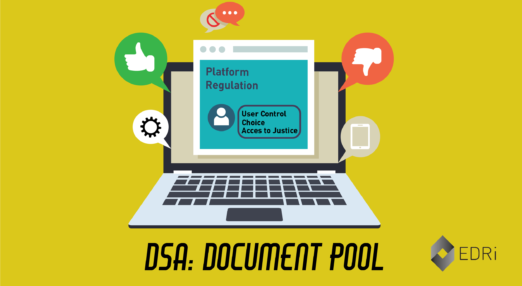
Digital Services Act / Digital Markets Act: Document pool
The DSA-DMA package will affect how intermediaries regulate and influence user activity on their platforms, including people's ability to exercise their rights and freedoms online. It also aims at limiting the abuse of power by very large and gatekeeper platforms.
Read more
-

Everything you need to know about the DSA
We have created a document pool in which we will be listing relevant articles and documents related to the DSA. This will allow you to follow the developments of content moderation and regulatory actions in Europe.
Read more
-
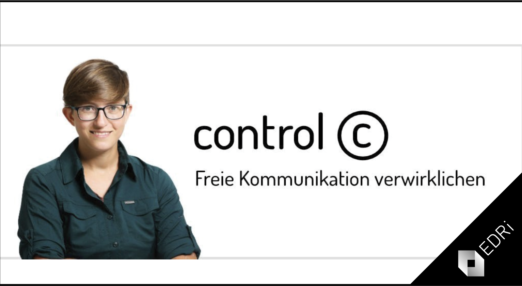
Control ©: defending free online communication through litigation
Former Member of the European Parliament Felix Reda has joined the EDRi member German Gesellschaft für Freiheitsrechte (GFF, Society for Civil Rights). The copyright reform activist will coordinate control ©, a new project to defend freedom of communication.
Read more
-
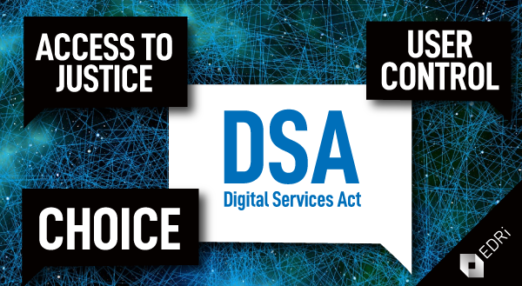
DSA: Platform Regulation Done Right
The DSA is as a unique opportunity to improve the functioning of platforms as public space in our democratic societies, to uphold people’s rights and freedoms, and to shape the internet as an open, safe and accountable infrastructure for everybody.
Read more
-
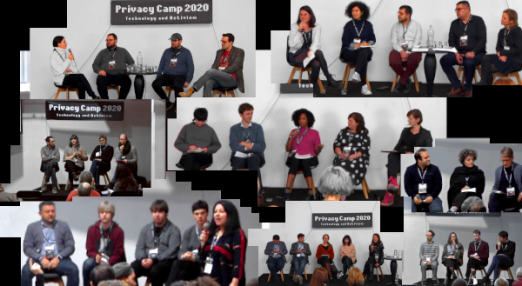
#PrivacyCamp20: Event Summary
The 8th edition of Privacy Camp revolved in 2020 around the topic of Technology and Activism, the schedule being composed of ten sessions in different formats. What were these about? Read below a summary of each discussion, with references to full session recordings.
Read more
-

EDRi calls for fundamental rights-based responses to COVID-19
Some of the actions taken by governments and businesses under exceptional Coronavirus circumstances today, can have significant repercussions on freedom of expression, privacy and other human rights both today and tomorrow.
Read more
-

Terrorist Content Online Regulation: Time to get things right
Closed-door negotiations (“trilogues”) on the Regulation to prevent the dissemination of terrorist content continue in Brussels. After our open letter from December things have moved on fairly slowly at first, but, recently, new texts are quickly being discussed in order to try to reach an agreement soon. Nonetheless, according to MEP Patrick Breyer, many key issues remain open for discussion.
Read more
-

Facebook starts to increase transparency in political ads in the Balkans
Facebook has announced that it will expand its transparency system and confirmation of authenticity of ads about elections and politics starting from mid-March. Namely, Facebook will cover 32 additional countries, including Serbia and North Macedonia where the elections are to take place very soon.
Read more
-

Who should decide what we see online?
Online platforms rank and moderate content without letting us know how and why they do it. There is a pressing need for transparency of the practices and policies of these online platforms.
Read more
-

Can we rely on machines making decisions for us on illegal content?
While automation is necessary for handling a vast amount of content shared by users, it makes mistakes that can be far-reaching for your rights and the well-being of society. Most of us like to discuss our ideas and opinions on silly and serious issues, share happy and sad moments, and play together on the internet. […]
Read more
-
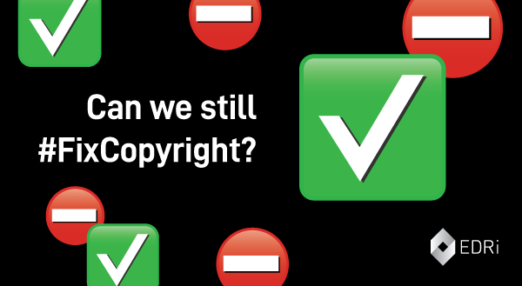
Copyright stakeholder dialogues: Compromise, frustration, dead end?
The second phase of the stakeholder dialogues on Article 17 of the Copyright Directive finished in December 2019. The two meetings of the third phase, focusing on the provisions of Article 17, were held on 16 January and 10 February 2020.
Read more
